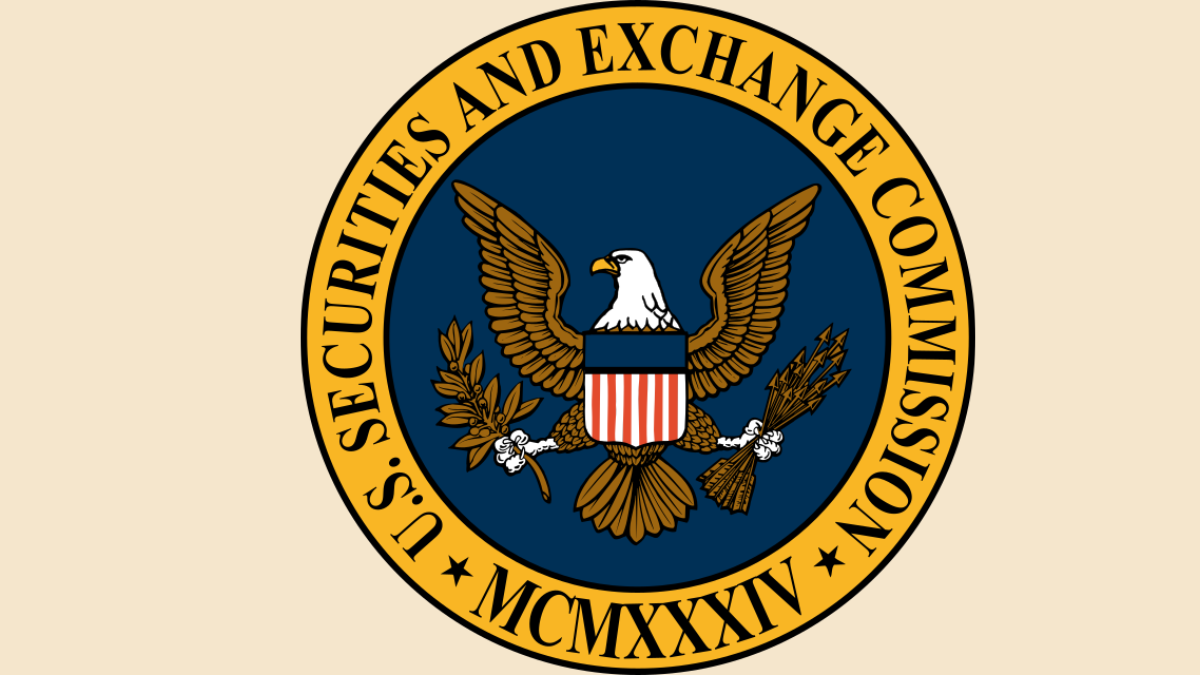
The Securities and Exchange Commission (SEC) has overturned Staff Accounting Bulletin 121 (SAB 121), a rule that previously required firms holding crypto assets for customers to record these as liabilities on their balance sheets. This groundbreaking decision removes a significant barrier, enabling traditional banks to step into the crypto custody business.
The rule’s removal is expected to reshape the financial landscape, allowing banks to explore new revenue streams in digital assets while fostering increased trust among customers. Experts believe this move will lead to industry-wide changes and potentially spark mergers between banks and crypto-native firms.
How Will Banks Adapt to Crypto Custody Services?
Banks like U.S. Bank and BNY Mellon have already taken steps into crypto-related services, such as fund administration and cash custody for cryptocurrency exchange-traded funds (ETFs). With the elimination of SAB 121, these banks can now expand their services globally, potentially offering custody for more diverse crypto assets like XRP, Litecoin, and HBAR in the near future.
However, the shift won’t be immediate.
- Most banks will start by focusing on well-established cryptocurrencies like Bitcoin and Ethereum.
- Full-scale integration of crypto custody services may take years, as banks need to develop or acquire robust technological systems.
- Mergers and acquisitions (M&A) with crypto-native firms such as Gemini and Anchorage could accelerate this timeline.
What Does the New Guidance Require?
The SEC has introduced new regulatory standards through Staff Accounting Bulletin 122 (SAB 122), which will:
- Require firms to align their crypto custody obligations with U.S. Generally Accepted Accounting Principles (GAAP) and International Financial Reporting Standards (IFRS).
- Take effect for fiscal years starting after December 15, 2024, with an option for early adoption.
- Mandate firms to provide transparent disclosures about their crypto custody practices.
What Challenges Remain for Banks Entering Crypto?
Despite this regulatory shift, there are hurdles for banks to overcome before fully adopting crypto custody services:
- Technological Gaps: Many banks lack the infrastructure needed for secure and efficient crypto custody.
- Regulatory Uncertainty: Future regulations could still impact the integration of crypto assets into traditional banking systems.
- Market Competition: Crypto-native firms have established dominance in the space, requiring banks to either collaborate or compete aggressively.
Steven McClurg, CEO of Canary Capital, believes that while banks are on the cusp of embracing digital assets, most will limit their custody services to Bitcoin and Ethereum in the early stages. However, he remains optimistic about industry consolidation, which could strengthen the integration of traditional financial institutions and crypto-focused firms.
How Does This Impact Crypto ETFs?
The removal of SAB 121 is expected to have a ripple effect on the ETF market.
- ETF issuers may consider migrating their products to banks for easier custody solutions.
- Banks’ entry into crypto custody could lead to an increase in institutional-grade crypto ETFs.
- Future ETFs for altcoins such as XRP and Litecoin may gain broader support as banks become more technologically adept.
FAQs
What is Staff Accounting Bulletin 121 (SAB 121)?
SAB 121 was a regulatory rule requiring companies to record customer crypto holdings as liabilities on their balance sheets.
How does the removal of SAB 121 benefit banks?
It allows banks to offer crypto custody services without the burden of accounting these holdings as liabilities, opening new business opportunities.
Which banks are already involved in crypto-related services?
Banks like U.S. Bank and BNY Mellon have begun providing services such as fund administration and cash custody for crypto ETFs.
Will banks immediately offer custody for all cryptocurrencies?
No, most banks will initially focus on Bitcoin and Ethereum, with services for other cryptocurrencies coming later.
What is the significance of SAB 122?
SAB 122 aligns crypto custody obligations with existing accounting principles and emphasizes transparency in disclosures.
When does SAB 122 come into effect?
It applies to fiscal years beginning after December 15, 2024, with the option for early adoption.
How will industry consolidation impact crypto services?
Consolidation between banks and crypto-native firms may accelerate the integration of crypto custody services and enhance technological capabilities.
Click here to know more.

